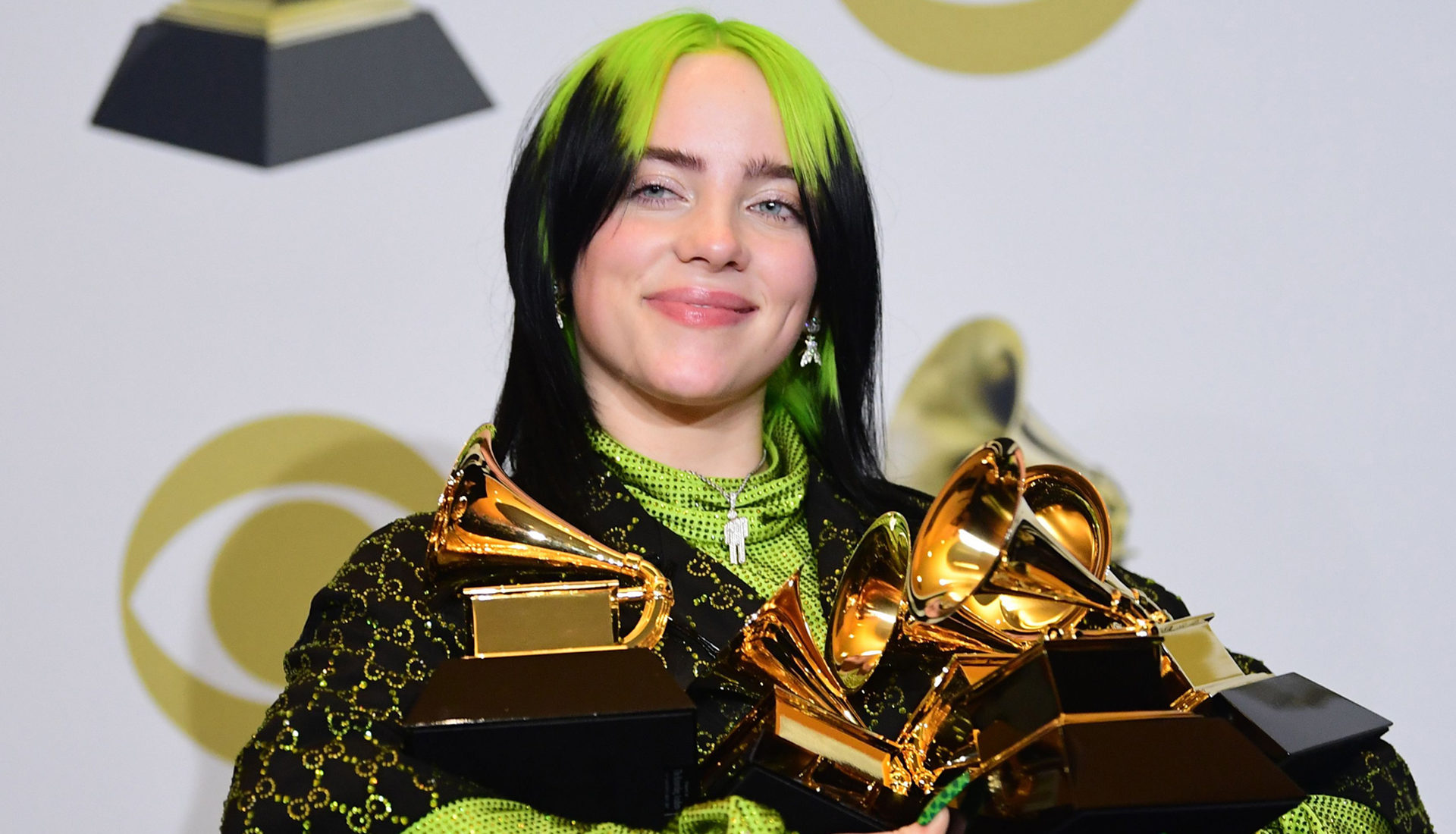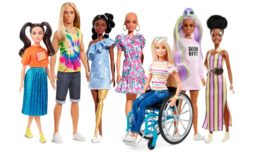The Grammys once against proves that women have a humbleness problem.
Does anyone remember when – and this is a long shot because it was a while ago – in 2007 Eddie Murphy stormed out of the Academy Awards after losing best supporting actor to Alan Arkin? Okay how about something more recent: when acclaimed director Spike Lee also stormed out of the Academy awards after his movie BlacKkKlansman lost best picture to Green Book?
If those are too niche then you’ll surely recall, or at least be aware of, Kanye West’s long and embattled history of hijacking awards shows to declare Beyoncé’s pre-eminence in category’s she didn’t win. Poor 19-year-old Taylor Swift’s crestfallen face at the MTV music awards 2009, then Beck at the 2015 Grammy’s, will be etched in pop culture history forever. Kanye man, Beyoncé is doing fine, she doesn’t need your help.
It’s remarkable to compare these displays of arrested development to the typical female acceptance speech. After Billie Eilish won album of the year at the recent Grammys, she began her speech with the self-effacing words: ‘Can I just say that I think Ariana [Grande] deserves this?’ Similarly, during the dramatic pause before the best pop solo performance was revealed, eventual winner Lizzo was filmed crossing her fingers and chanting Beyoncé’s name (see below).
These are poignant displays of sisterhood in an industry bereft with hurdles for womankind, but it’s also illustrative of a deep-seated sense of undeservedness common among young women. The expectation of female humbleness comes from the same prejudicial roots that encourage us to be bashful, shy, and quiet. Repeatedly we’re taught by representations of women in the media, both real and fictional, that desirable women are ignorant of their beauty, and women who own their success are barren, course, and mean.
Men, particularly of the white and straight variety, are unfamiliar to this type of institutionalised discrimination, and often expect their opinions to be automatically platformed. They expect there to be enough space on stage for all of them, and usually they’re right.




















